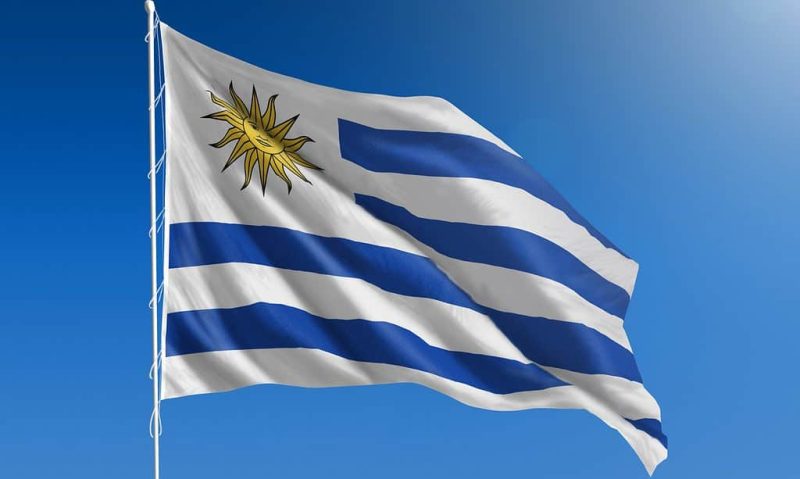Last week in Madrid, the High Court provided its approval to extradite Carlos Américo Suzacq Fiser, a now-72-year-old Uruguayan doctor involved with many human rights violations in Uruguay. Suzacq has protested extradition, claiming that his Spanish nationality through marriage should protect him, but the court ruled that the “nature and seriousness” of his crimes “will cause the court to use the extradition claim.” Regardless of the years that have passed since Suzacq was involved in torturing victims of Uruguay’s military dictatorship in the 1970s, the third section of the Criminal Chamber “denies the statute of limitations as [the acts of torture] are crimes against humanity.” “Abuse of authority against the detainees, illegal deprivation of liberty and serious injuries” were specifically listed amongst the doctor’s crimes.
In a Montevideo court, eight victims testified to the torture scenarios that Suzacq participated in. Between 1972 and 1975, the witnesses said, the doctor “advised [the] military on when to stop or continue torture at a detention centre of the 6th Mechanized Cavalry Regiment in Montevideo,” with one article in El Pais noting that in one instance, “Suzacq specifically authorized [the military] to continue to torture.” One member of the Mothers and Relatives of the Disappeared Detainees of Uruguay told the court that the doctor would revive those being tortured when they went into cardiac arrest. Another victim told the court that he was given “electric shocks all over his body while the doctor was advising the attackers.”
Many Uruguayans were imprisoned, tortured, or disappeared without explanation during the dictatorship’s rule from 1973 to around 1985. Nearly 20% of the population was arrested and jailed for some length of time during this period, which was fraught with violence, and an estimated 10% of Uruguayans were pushed to emigrate to more peaceful countries.
The dictatorial period left pain, suffering, and a lack of resolution in its wake. Many perpetrators, like Suzacq, have avoided being held accountable for the human rights violations they have committed, but others are beginning to be extradited to Uruguay to be punished for their crimes. Now that the Spanish High Court is extraditing Suzacq, he will finally be forced to take responsibility for the pain and harm he caused victims and their families.


